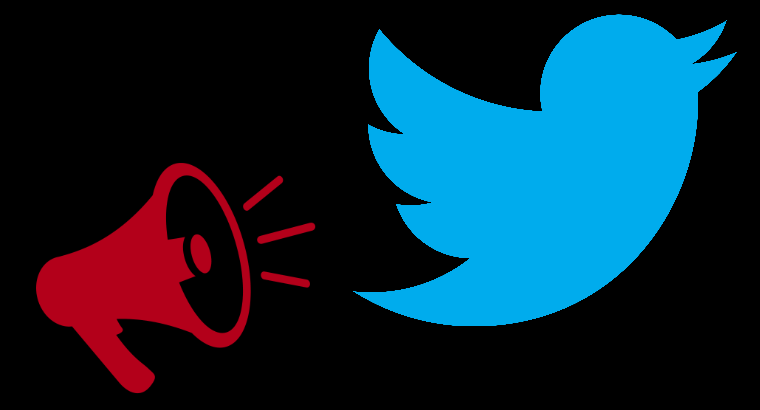Twitter Prohibits State-Controlled Media from Advertising
Twitter has announced on its official blog that it will stop accepting advertisements from media outlets controlled by governments. The new policy will take effect in 30 days.
The company explained its decision as a move to “protect healthy discourse and open conversation” among users. According to Twitter, “This policy will apply to entities of media organizations that are under the financial or editorial control of a state.”
The list of state-affiliated media will be compiled based on research from independent organizations such as Reporters Without Borders and UNESCO, as well as the opinions of “prominent academic or civil society leaders in this field.”
Exceptions are provided for state organizations that exclusively publish entertainment, sports, or travel content.
“We are exploring transparent approaches to keep the public informed about these actions in the future,” the company added.
Background and Previous Actions
During the investigation into “Russian interference in the U.S. elections,” which Moscow denies, Twitter faced criticism for the alleged activity of Russian media and accounts associated with Russia. The platform has repeatedly blocked accounts linked to Russian media. Back in 2017, Twitter decided to ban advertising from the RT television channel and the Sputnik news agency.
This latest move by Twitter may also be influenced by China’s policies regarding information about the repression of Uyghurs in Xinjiang and the protests in Hong Kong. Official Beijing has published propaganda videos labeling press reports as disinformation. From June to August of this year, according to a review of Twitter ads, Chinese authorities promoted more than 50 English-language tweets from Global Times—a Chinese state media outlet. Some of these tweets intentionally misrepresented the situation in Xinjiang and attacked critics of the ruling Communist Party. Global Times paid Twitter to promote its tweets to more than 300 million active users on the platform, and these tweets appeared in users’ feeds regardless of whether they followed the Global Times account.
Additionally, Twitter recently announced the exposure of a coordinated information campaign aimed at “undermining the legitimacy” of the protest movement in Hong Kong. According to Twitter, the campaign was orchestrated by authorities in mainland China. As a result of the investigation, 936 accounts allegedly linked to the campaign were blocked.
Twitter’s Relationship with China
Like many Western tech companies, Twitter has a complicated relationship with China. The social media platform is blocked in the country and can only be accessed using censorship circumvention tools such as VPNs or proxy services. At the same time, Twitter generates significant advertising revenue in China and has a growing presence there.
Expert Commentary
IT expert Mikhail Klimaryov commented on Twitter’s decision:
“States [of any kind] have a lot of money that is used for propaganda [of anything]. Obviously, you can just flood the space with any kind of junk. On one hand, that’s money in the shareholders’ pockets. But on the other hand, it’s a risk of losing the audience. And in the long term, those risks are serious. […] So there’s nothing surprising here—it’s a simple calculation and quite a farsighted one.”



